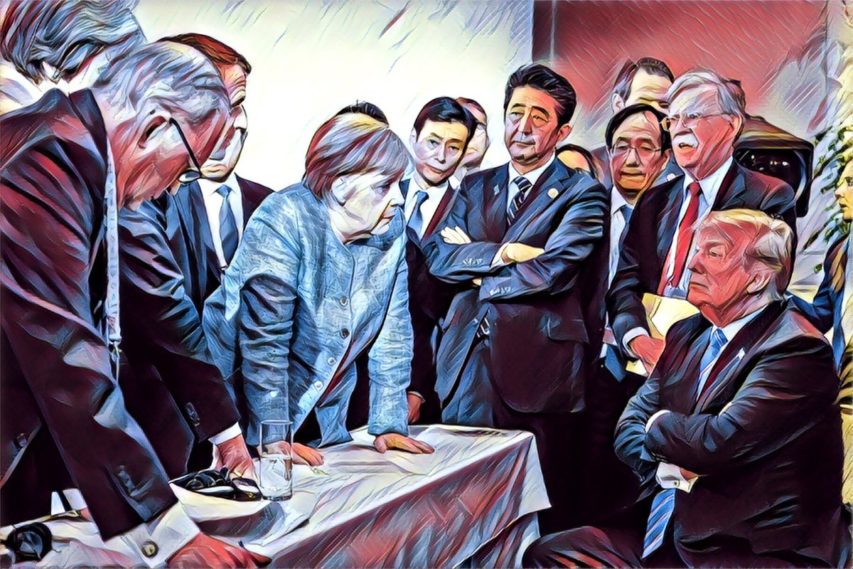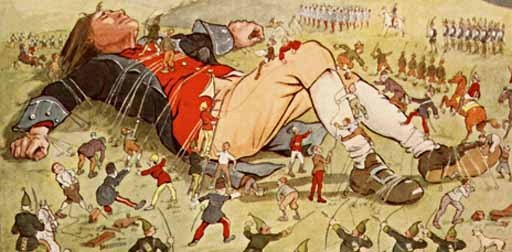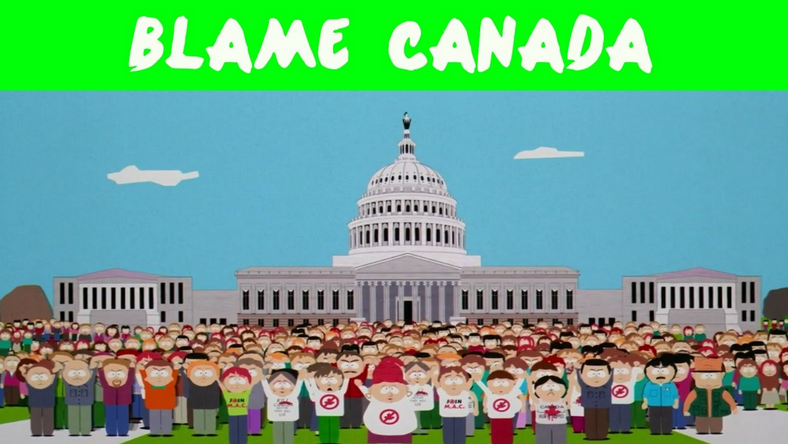Mike Godwin obliterates his own legacy:
An extraordinary thing happened in internet culture this week: Godwin repealed Godwin’s Law. Godwin’s Law is the idea that the longer an internet discussion thread drags on, the more likely it is that one of the discussants will mention Hitler. Rashly and inappropriately. They’ll compare their opponent to Der Fuhrer or say, ‘This is how Nazism started!!!!’. Reductio ad Hitlerum, as some call it. The law was invented by Professor Mike Godwin, an American attorney. And this week he scrapped it. To the delight of virtual leftists and Trump-bashers who are chomping at the bit to say ‘TRUMP IS LITERALLY A NAZI’, Godwin tweeted in relation to the Trump administration and its child-migrant policy: ‘By all means, compare these shitheads to Nazis. Again and again. I’m with you.’
The response was one of glee. ‘Godwin has officially suspended Godwin’s Law’, tweeters crowed. The ‘actual, literal creator of Godwin’s Law’ has okayed Hitler comparisons, they whooped. They could now crack on with their hysterical likening of Trump to Hitler, and everything he does to what happened in 1930s Europe, without having to worry about someone shouting, ‘Godwin’s Law!’ at them. It so perfectly sums up the arrogance of the Twitterati and opinion-forming set: for years they mocked the Hitler-obsessed ‘below the line’ (BTL) commenters on their Tumblr blogs or Guardian columns, and even instituted an internet law to paint them as vulgar idiots, and now they themselves embrace mad Hitler blather and have scrapped the law that said such online talk was wrong. One online law for thee, another for me.
They can dress up their adoption of the Reductio ad Hitlerum worldview as a legitimate political position as much as they like. They can carry on saying, ‘Ah, but Trump’s policies really are like Hitler’s, which means my Nazi comparisons carry more weight than those of the non-Oxford-educated blowhard I had to block on Twitter because he kept saying “Hillary is Hitler”’. But they’re not fooling anyone. Except themselves. The rest of us know they are now just like the BTL people they once slagged off: confused, angry, rash and willing to exploit the greatest crime in history if it helps them to register and advertise their emotional fury with political developments. They are BTL people now, though they’re above the line, still all over the media, busily making it acceptable to talk shit about the Holocaust in public.
This week, with the controversy over Trump’s separation of families arriving illegally from Mexico, has represented a turning point in their popularisation of the Hitler comparisons they once chided. They refer to the places in which the children of illegal migrants are being housed as ‘concentration camps’. The former director of the CIA, Michael Hayden, tweeted a photo of Auschwitz with the words, ‘Other governments have separated mothers and children’. Pre-empting the suspension of Godwin’s Law, a writer for the New Statesman said: ‘Stop talking about Godwin’s Law – real Nazis are back.’ Twitter buzzes with Trump-as-Hitler talk. ‘This is how the Holocaust started’, they all say.
I’m not a Trump fan … for the first few months of his administration (and during the election campaign), I labelled him as Il Donalduce, but I mostly meant that as a visual reference: watch any of Mussolini’s speeches and you’ll see some resonances with how Donald Trump speaks. The Hitler equivalence is wish-fulfilment by those who oppose him … it’s not an accurate or useful way to portray him, unless your goal is to make Adolf Hitler seem less demonic. I literally do not understand why anyone in pursuit of a modern political goal would try to make Hitler’s crimes seem more acceptable in an attempt to blacken the reputation of a living politician, unless you are clinically insane.
As a libertarian, Trump is far, far from my ideal of the “leader of the free world” (as the western media tends to portray the US president), but he’s not even close to the evil genius that created the “Thousand-year Reich“, and any attempt to portray him that way is historically illiterate and politically tone-deaf.







